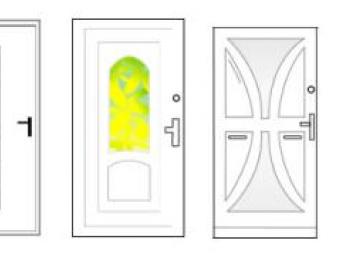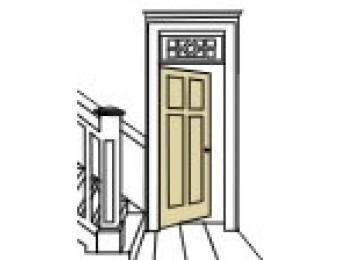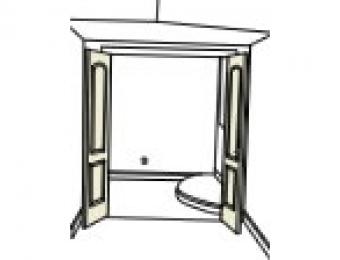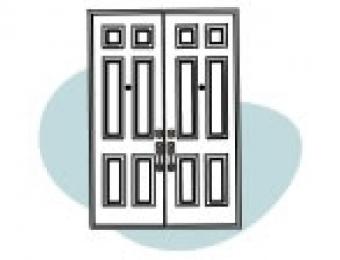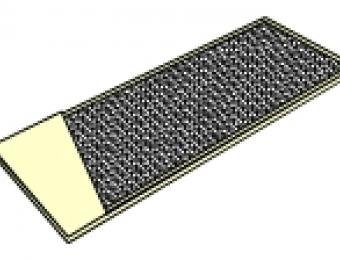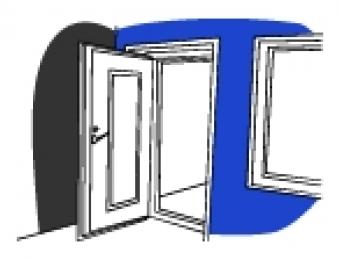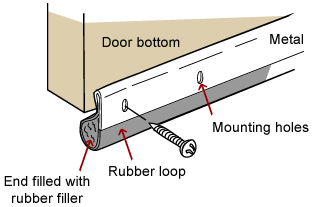
Why is door insulation important?
How much sound and heat your doors are capable of trapping is an important consideration when you're choosing doors, especially for external doors like the front and rear doors. A draughty door can contribute significantly to your heating or cooling costs.
Likewise, anyone who’s ever lived close to a main road can tell you the importance of being able to exclude noise from outside. Soundproofing's also important for interior doors - some noises just don't need to be shared with the rest of the household...
How do different types of doors perform?
There are many factors that can affect how well your doors block out heat and sound when they're closed. The type of door is important, as this often determines how completely the door can be sealed. With some adjustments, hinged doors and bi-fold doors can almost perfectly seal off an entrance, whereas sliding or stacker doors will always need some space between themselves and the wall to slide properly, meaning unless they're very finely engineered, they don't normally perform as well for either purpose.
What role do materials play?
Materials too will play a big role in how efficiently your doors perform. Metal doors will carry sound and heat a lot more readily than a wooden or UPVC door will, simply because metal's such a good conductor. Solid core doors perform better than hollow core doors simply because of their density, although a well-fitted hollow core door will still provide sufficient sound dampening for most homes.
The performance of glass panelled doors will depend largely on the whether they're single or double glazed, use low-e glass or use a window film. When they're closed, glass doors are effectively large windows, and accordingly can be responsible for a large amount of heat loss if they're not thoughtfully planned. Double or triple glazing is normally more expensive, but will make a big difference in terms of how much heat and sound are allowed through.
Sealing the gaps around doors
Heat and sound will escape around the sides of hinged doors wherever there is space for it to do so. This can be dealt with somewhat by things like light foam strips being glued around the inside of the door frame to provide a filler for the gaps between the frame and the door, and by weather strips, which prevent cold air from blowing in underneath the door.
A less permanent measure to block draughts from under doors is the common draught excluder (or door snake), a simple, metre-long length of cloth tubing stuffed with foam which is placed along the sill of the door when it’s closed to stop the wind from blowing through.
